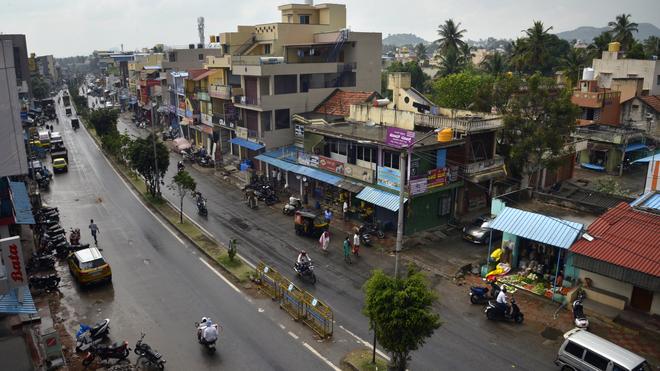By Saurav Das
Delhi: On 24 February 2024, the ministry of home affairs announced that the three new criminal laws—Bharatiya Nyaya Sanhita (BNS) 2023, Bharatiya Nagarik Suraksha Sanhita (BNSS) 2023 and the Bharatiya Sakshya Adhiniyam (BSA) 2023—will come into force on the 1st of July this year.
The new laws will overhaul India’s criminal justice system and replace the colonial-era Indian Penal Code 1860, Code of Criminal Procedure 1898, and the Indian Evidence Act 1872, respectively. Legal experts have criticised the new laws for being “old wine in a new bottle”, with major changes lacking and minor cosmetic changes prevalent.
The laws increase police powers, make bail difficult to obtain in criminal cases, and introduce special offences such as terrorism and organised crime, already covered by special laws like the Unlawful Activities Prevention Act 1967 and the Maharashtra Control of Organized Crime Act 1999, into ordinary statutes without accompanying safeguards against misuse.
Article 14’s attempts to access information about the drafting of these new laws and the rationale behind introducing such changes were unsuccessful. Information requests filed with major stakeholders in the law-making process, like the higher courts and the ministry of home affairs under the Right to Information Act 2005, were rejected, citing reasons that experts deemed “legally untenable”.
Despite opposition members of parliament (MPs) raising concerns about the laws’ potential to violate human rights and calling for wider consultations, Prime Minister Narendra Modi’s government managed to sail them through the parliament by 21 December 2023.
This story was originally published in article-14.com. Read the full story here.





